In an interview with Gong.bg, Thanh Hoa FC coach Velizar Popov pointed out the limitations that make it difficult for some Asian football to develop, such as lack of professionalism or foreign language proficiency.
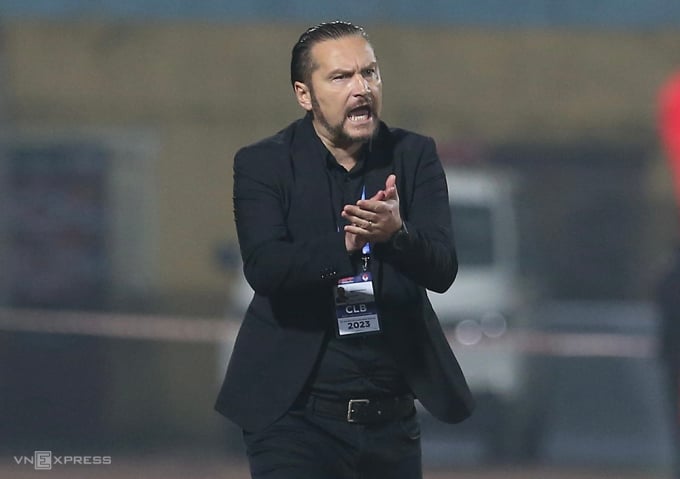
Coach Velizar Popov in V-League 2023. Photo: Lam Thoa
- How is the negotiation process of a new contract between you and Thanh Hoa going?
- Everything is complicated because there are quite serious problems when Thanh Hoa is a small club and does not have stable finances. There are things that make me think that I will not renew my contract (expires after the 2023-2024 season) even though I have been offered it, because I do not see things getting better at the club. I think Thanh Hoa is not ready to move forward, to fight for a bigger goal. When my ambition does not match the reality at the club, it is normal to look for a new direction.
The successes of the past two years, instead of helping to develop, have not helped in building the club. They have delayed many times in paying salaries to players, or bonuses from titles in the 2023 season... I cannot add to the force, and have lost four of the best players (Nguyen Minh Tung, Nguyen Huu Dung, Le Pham Thanh Long, Bruno Cunha). Only I understand the price I have to pay after winning the National Cup, the National Super Cup and reaching the top four of the V-League 2023 with the team. It is really a tiring job because of limited resources. When players are not happy because of unpaid salaries, they will not devote 100% of their efforts, their motivation will decrease and then affect discipline and tactics.
- How do you maintain your mentality when there are still three months left until the end of the season?
- The next three months will be very difficult, but I hope I leave with dignity. History will record my two years with two trophies, as one of the most successful periods since the foundation of the club. But I understand that football has no yesterday. People care about the present, maybe the future - but it depends on the present. Cups are for museums, what is remembered is the last impression. I hope the team can finish the season in the best possible way, but to repeat the success of last season is impossible with what is happening.
At the end of the day, this is part of the game, the profession. Challenges make me stronger. From that point of view, I will try my best to do everything well. When the season ends, I will see what happens next, depending on the choices.
- Will your next challenge be to continue leading the club, or to the national team?
- I prefer working at a club because there is nothing like working every day, preparing everything by myself. If I fail, I understand the reason. At a club, I have the opportunity to choose players and follow my personal views. Even if it is difficult to recruit players, at least I have time to prepare before the season. The national team is much different because it depends on the club, on other coaches. Sometimes we depend on whether the players called up play regularly at the club or not, especially young players playing abroad. I want to call them up and force them to play, but they do not have the rhythm to play.
However, you can never say never, you have to be more moderate in your stance. Sometimes the national team has the advantage of preparing for a tournament, with the championship always bringing attraction and motivation. But it is different when you are preparing for the qualifiers, or just one opponent. You need four to five months to prepare for a tournament, and sometimes two years for just one goal. So the perspective of leading a club or a national team is different, the pros and cons, but at the moment, I prefer working for a club because I can decide everything myself.
In 2015, the first team I coached was the Maldives. I had to rely on local clubs, local coaches and only had players a week before the match. It was very difficult to change the physical condition, even the tactics. In Myanmar (from 2019 to 2022), things were different because I was in charge of the Olympic team. I arrived during a period affected by the Covid pandemic, which caused the national championships to be suspended, then martial law, and the coup. During my four years here, it was like being in charge of my own club because I was constantly working with the players every day. So I enjoyed my time in Myanmar.
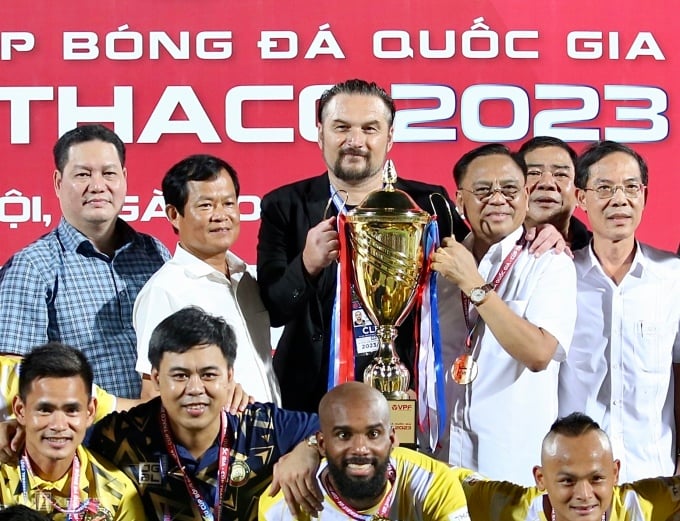
Coach Velizar Popov lifted the 2023 National Super Cup with Thanh Hoa Club President Cao Tien Doan. Photo: Hieu Luong
- In a social media post, you expressed your desire to work in Europe or South America after 12 years in Asia. Was this a spontaneous thought or a planned intention?
- It's complicated because I've been working in Asia for a long time and have built a good reputation. I also have good offers for the new season from both clubs and the national team. I think any coach is looking for an ambitious project when he is at the peak of his career. So I want to try my hand in Europe and South America. But certainly not because of complaints about Asian football, because I owe everything to this place.
My contract with Thanh Hoa will expire after the 2023-2024 season. I have received good offers from Europe and Vietnam. Hopefully something new will appear, but if not, I will continue in Asia. I am not afraid of risks and challenges if there is a good offer. Football to be successful sometimes needs randomness such as a team in good form, finding the right person, choosing the right time. But luck only comes when you work hard and persevere.
- You even mentioned your ambition to work in Brazil. Why?
- Brazil has been my dream since childhood. I am a big fan of Brazil from the country, culture, football, language,... I have many Brazilian friends and my best man, who is also my best friend, is Brazilian. In the past, I had several job opportunities but failed in the final step. After all, dreams are free, helping us move forward. Another reason is that every coach wants to lead quality players. South American players are superior to the rest. It is not by chance that all Asian and European clubs want players from Brazil, Argentina, Uruguay, Colombia, Ecuador,... But in reality, European football is still at the highest level with the top national championships, always the destination of ambitious coaches.
However, it is not easy for a Bulgarian coach to work anywhere in the world. One of the things we have to face is discrimination based on our nationality. We also do not have pioneering coaches like Guardiola, Jurgen Klopp, Jose Mourinho to guarantee quality, opening the door for compatriots regardless of their qualities.
- What do you think about Asian football after 12 years working here?
- Asian football is developing very fast. Most people in Europe or Bulgaria do not know anything about football here. Asia is not only about Arab countries, Japan, Korea, China, but the rest is very remarkable. Many teams have surpassed some European countries, with a really high level and respect for the coaching profession. In terms of quality, Asian players are quite technical, agile, active and energetic. They are different from European players who are strong in endurance and physical strength.
If you watch the 2023 Asian Cup, you will see teams like Japan, South Korea, Saudi Arabia, Iran, Qatar can compete on equal terms with any European team. Japan alone has more than 100 players playing in Europe's top leagues. In addition to the above teams, I can add Indonesia, which is exploding and has the future of becoming a major force in Asia, after naturalizing more than 10 players of mixed Dutch and Belgian blood. This creates an immediate physical difference with opponents in Southeast Asia.
- What is special about Asian football culture compared to other places in the world?
- In my early years in Asia, I was naive to think that I could change this place to be as professional as Europe. Everyone knew it was professional but they didn't accept it. Religion is very important in some countries, with certain stereotypes and ways of life. For example, meals must include rice or noodles no matter what happens. Asian players are also quite obsessed with social media, especially young players. They can stay up all night to check social media. This has a negative impact on the body, recovery and concentration. One of the biggest problems for Asian players is maintaining concentration.
Brazilian players can do individual work before the match but when they enter the match they still score goals and become excellent players. But they are a nation with unique talent. They can play at the top level for a few years with such a lifestyle, but when their physical condition does not allow, they decline and have no chance to do it again. For other nations with less talent, preparation and maintaining professionalism are the first priority. If you have less talent, you have to work more professionally, diligently, recognize your strengths and weaknesses to use them in the best way.
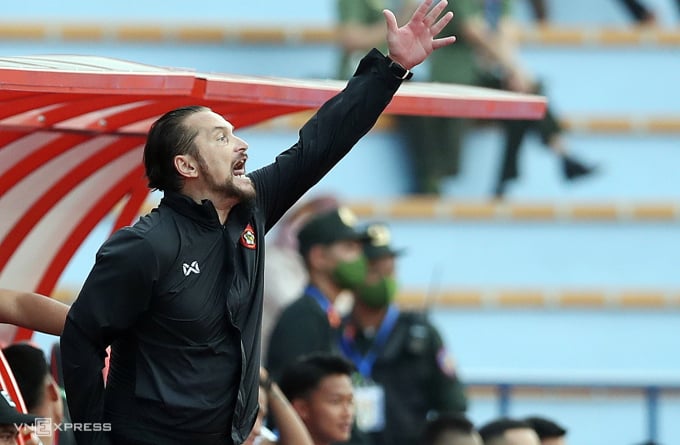
Coach Velizar Popov leads U23 Myanmar in the group stage of SEA Games 32. Photo: Lam Thoa
- Which Southeast Asian family impressed you the most?
- In 2014, I led the Suphanburi Club in Thailand and gave a chance to young player Charyl Chappuis, who is of Thai and Swiss descent. In 2009, he won the U17 World Cup with Switzerland. If he continued in Europe, Chappuis would hardly have had a chance to play in his twenties. When he arrived at Suphanburi, Chappuis had an excellent season and began to improve. After that, I also had the opportunity to work with many good players in Malaysia and Myanmar.
In Thanh Hoa, Nguyen Thai Son is the most typical young talent. Former coach of Vietnam national team Philippe Troussier also noticed and liked this player. In the past two years, Son has been the most assured player in the national team despite being only 20 years old.
There are many other young players, but not all of them are successful. In addition to skills, success also depends on the player's mentality and personality, sometimes it is the ability to withstand pressure, sometimes it is luck when having the right coach and giving you the opportunity. However, it is a mistake to think that you should only work with young players, or only work with experienced players. Reality proves that you cannot succeed with only young players. For me, the best combination is the combination of both, with one side being youthful, with a desire to succeed, win, make money... and the other being an experienced player, not giving up, always maintaining the motivation to prove himself every day.
- Can Southeast Asian players play well in Europe?
- Many talents in Southeast Asia can compete in Europe. But their obstacle is the lack of courage to try something new and overcome differences in psychology, culture, eating habits, social life... Therefore, their dream is often countries with similar cultures such as Japan, Korea, China.
The players here are not modest, but rather introverted and it is also difficult to find players who speak good English. For me, the language barrier is a huge problem that even if you have the talent, it is difficult to achieve success.
Velizar Popov, born in 1976, is a Bulgarian coach with a UEFA Pro license. His playing career was not outstanding as he retired early in 2000 to switch to coaching. Since 2012, Popov has worked in Asia, starting with the Maldives club New Radiant, winning the treble of the national championship, the National Cup and the National Super Cup in 2013. After that, he worked in Oman, Thailand, and Malaysia. At the national team level, Popov led Maldives in 2015, then U23 Myanmar from 2019 to 2023, with a bronze medal at the 30th SEA Games. After the 32nd SEA Games in Vietnam, he left Myanmar to lead Thanh Hoa Club. With limited potential, he still helped the Thanh team transform into the best pressing team in the V-League, at the same time, winning the National Cup, the National Super Cup and finishing fourth in the 2023 V-League. |
Mid-Autumn Festival
Source link


![[Photo] Discover the beautiful scenery of Wulingyuan in Zhangjiajie, China](https://vphoto.vietnam.vn/thumb/1200x675/vietnam/resource/IMAGE/2025/5/11/1207318fb0b0467fb0f5ea4869da5517)
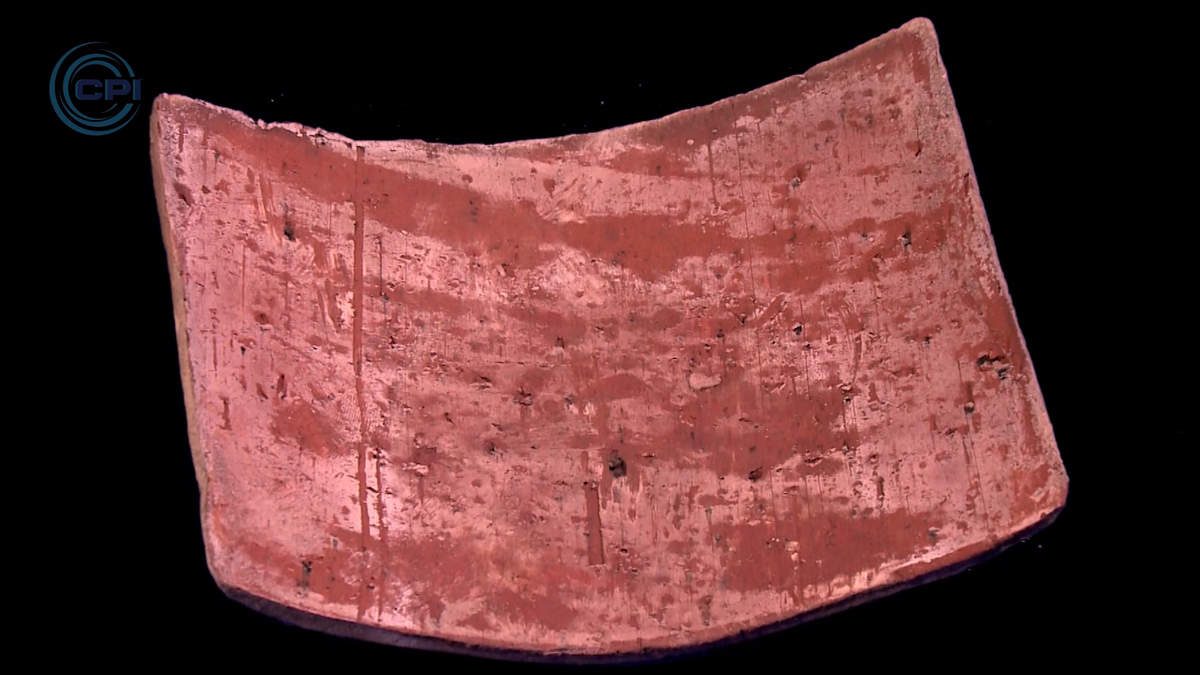
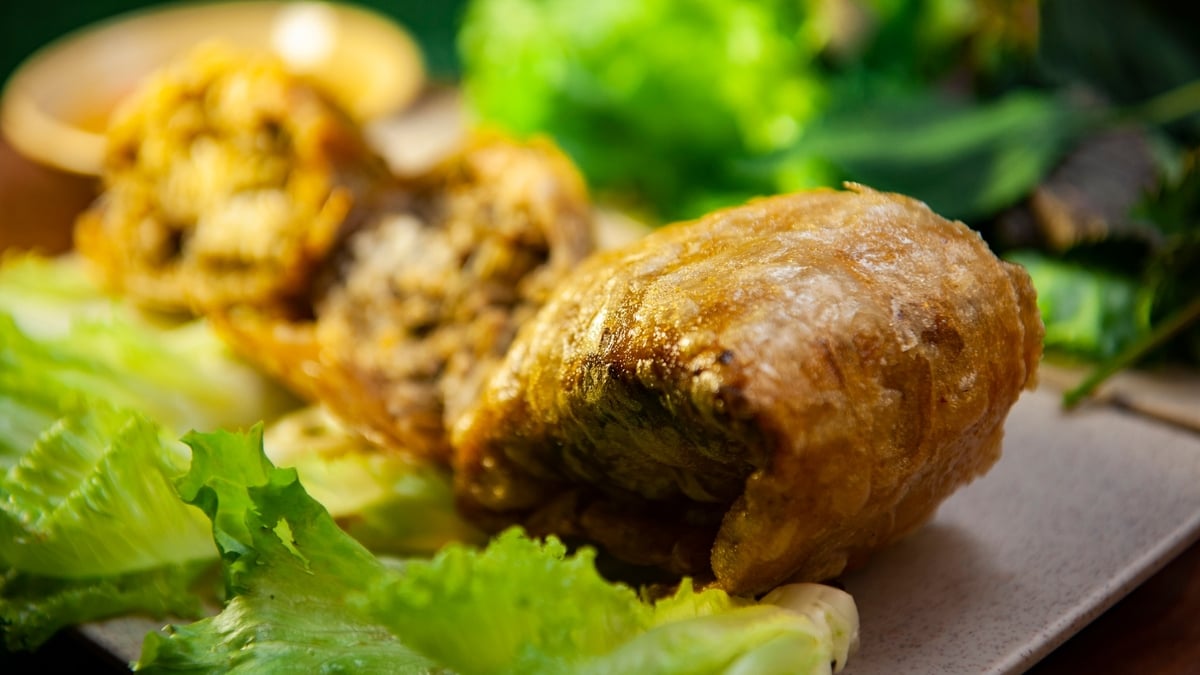
![[Photo] The moment Harry Kane lifted the Bundesliga trophy for the first time](https://vphoto.vietnam.vn/thumb/1200x675/vietnam/resource/IMAGE/2025/5/11/68e4a433c079457b9e84dd4b9fa694fe)
![[Photo] Prime Minister Pham Minh Chinh chairs the fourth meeting of the Steering Committee for Eliminating Temporary and Dilapidated Houses](https://vphoto.vietnam.vn/thumb/1200x675/vietnam/resource/IMAGE/2025/5/11/e64c18fd03984747ba213053c9bf5c5a)
![[Photo] National Assembly Chairman works with leaders of Can Tho city, Hau Giang and Soc Trang provinces](https://vphoto.vietnam.vn/thumb/1200x675/vietnam/resource/IMAGE/2025/5/11/c40b0aead4bd43c8ba1f48d2de40720e)
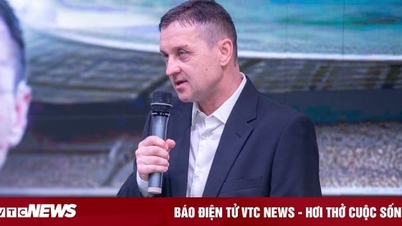

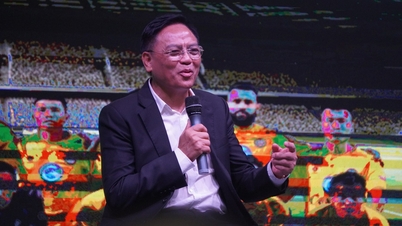



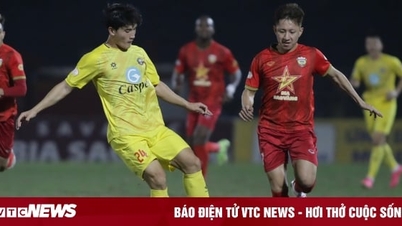

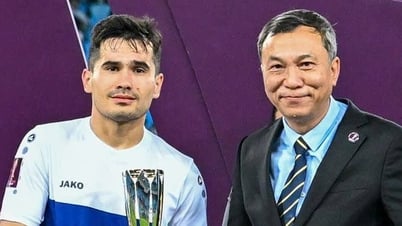
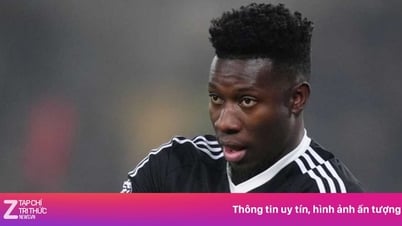
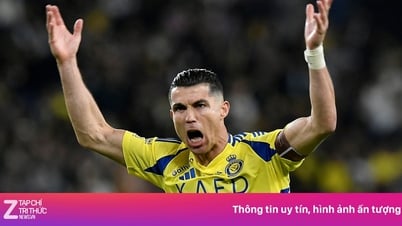
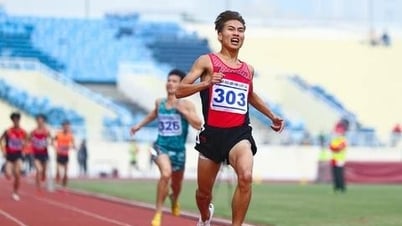
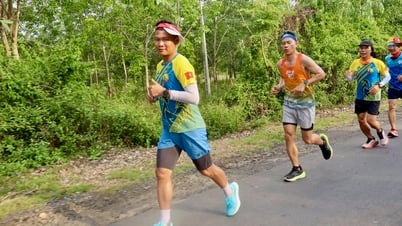
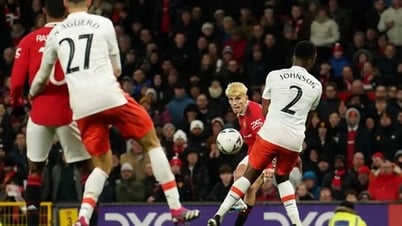










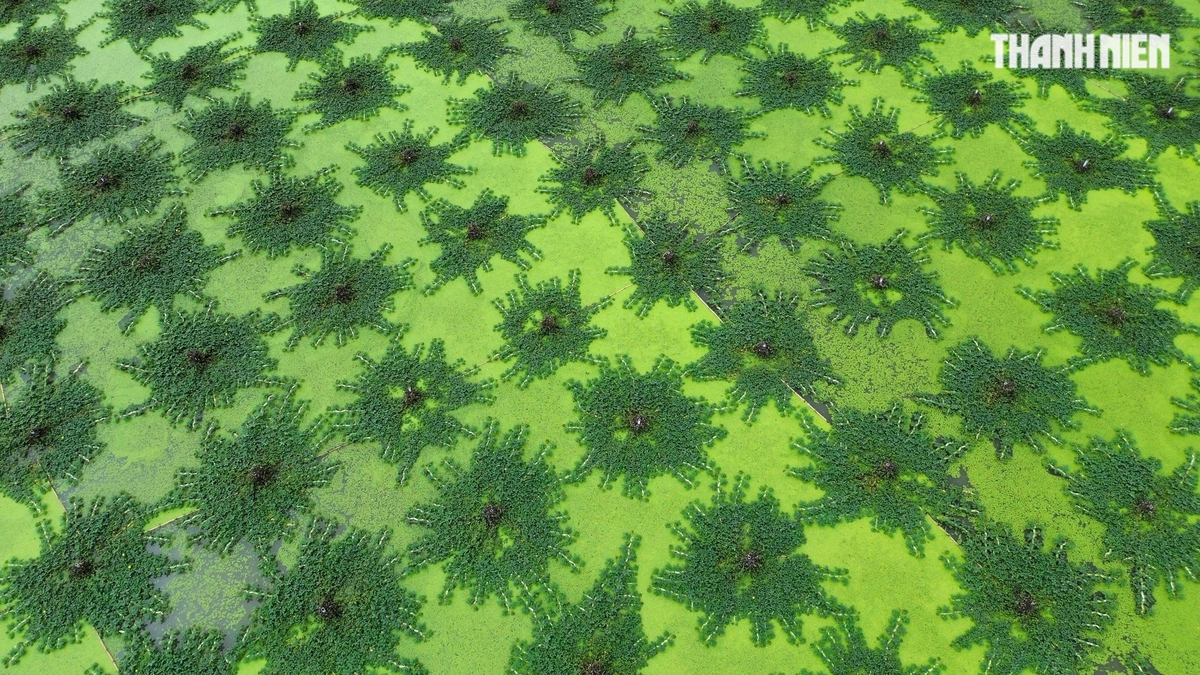


















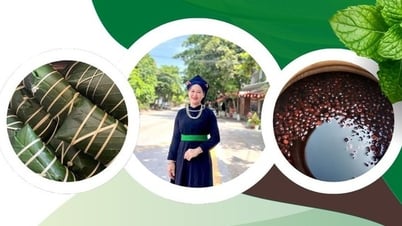














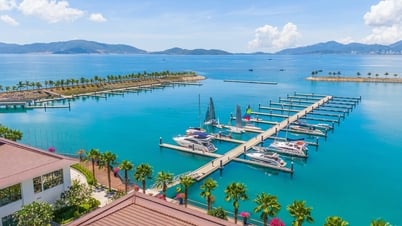


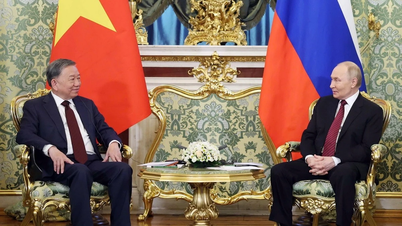










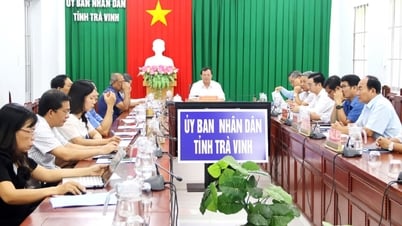

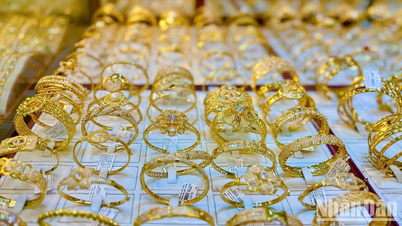



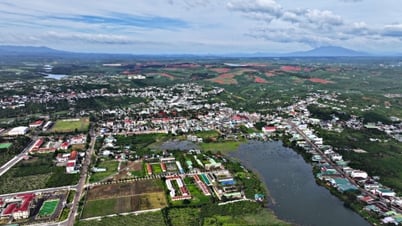
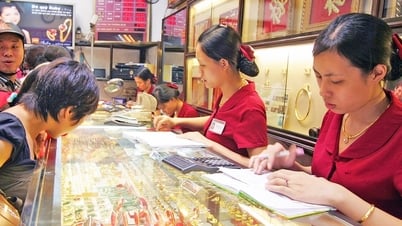

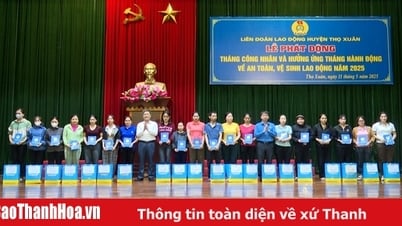











Comment (0)